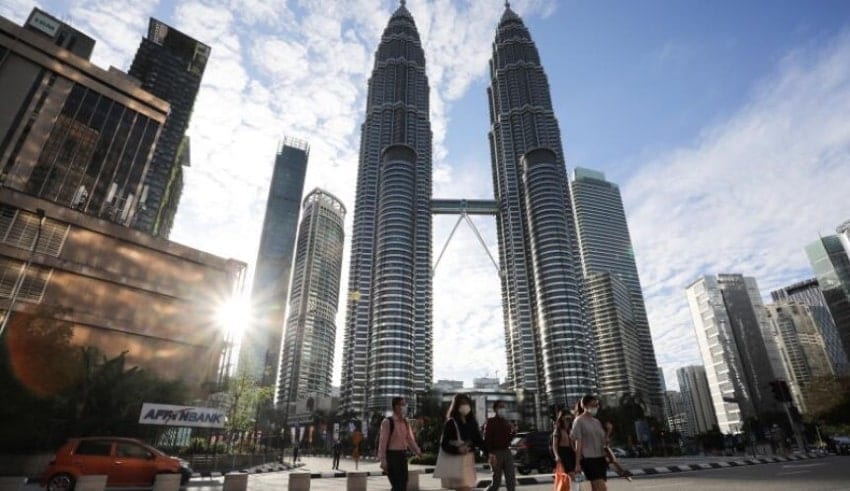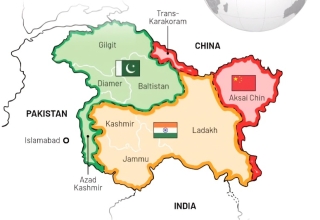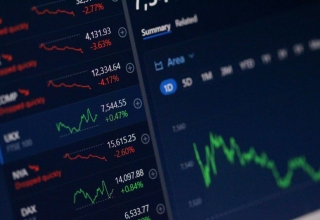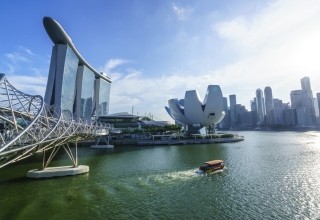
KUALA LUMPUR – Despite a United Nations study showing that it experienced the worst decline in foreign direct investment (FDI) in the country last year, Malaysia has said it remains attractive to investors.
On Monday (Feb 8), the Malaysian Investment Development Authority (MIDA) insisted that trust in foreign investors remained strong despite the study in The Straits Times on Feb 4, which cited the United Nations Conference on Trade and Development (UNCTAD) saying that Malaysia’s FDI plummeted by more than two-thirds to a mere US$ 2.5 billion in 2020.
In other South-East Asian countries, that represented more than double the average percentage decline for FDI. Compared to other developing countries in Asia, where the average decrease was just 4 percent, the statistics for Unctad were even more troubling.
“A lower net FDI is not necessarily an unfavourable sign,” MIDA said in a statement, noting that during the United States sub-prime crisis, the outflow represented the situation in 2009.
“Multinational corporations in Malaysia were repatriating higher amounts of their profits for loans repayments and retaining earnings to help their HQ and affiliates faced with financial difficulties,” it added.
The investment promotion agency also reported that the total FDI inflow (excluding outflows) “into Malaysia was valued at RM108.2 billion compared to RM102.3 billion in the same period in 2019, an increase of 5.8 per cent”
Ever after Umno lost the general election in 2018 after six decades in power, analysts blame the dismal FDI figures on increasing political turmoil and policy uncertainty.
But the Pakatan Harapan alliance, which dominated the polls and ushered in the country’s first ever change of government since independence, crumbled under the weight of internal schisms for just 22 months.
After declaring an emergency in January, Prime Minister Muhyiddin Yassin, who took over in March last year with the overthrow of the PH government, was able to shore up his minority government, the first in the world. It’s going to last until August.
Finance Minister Tengku Azfrul Aziz celebrated “investors’ continued confidence in Malaysia” just days before the government declared the emergency, but industry players, including the head of the EU-Malaysia Chamber of Commerce and Industry (EuroCham), scoffed at the argument.
























